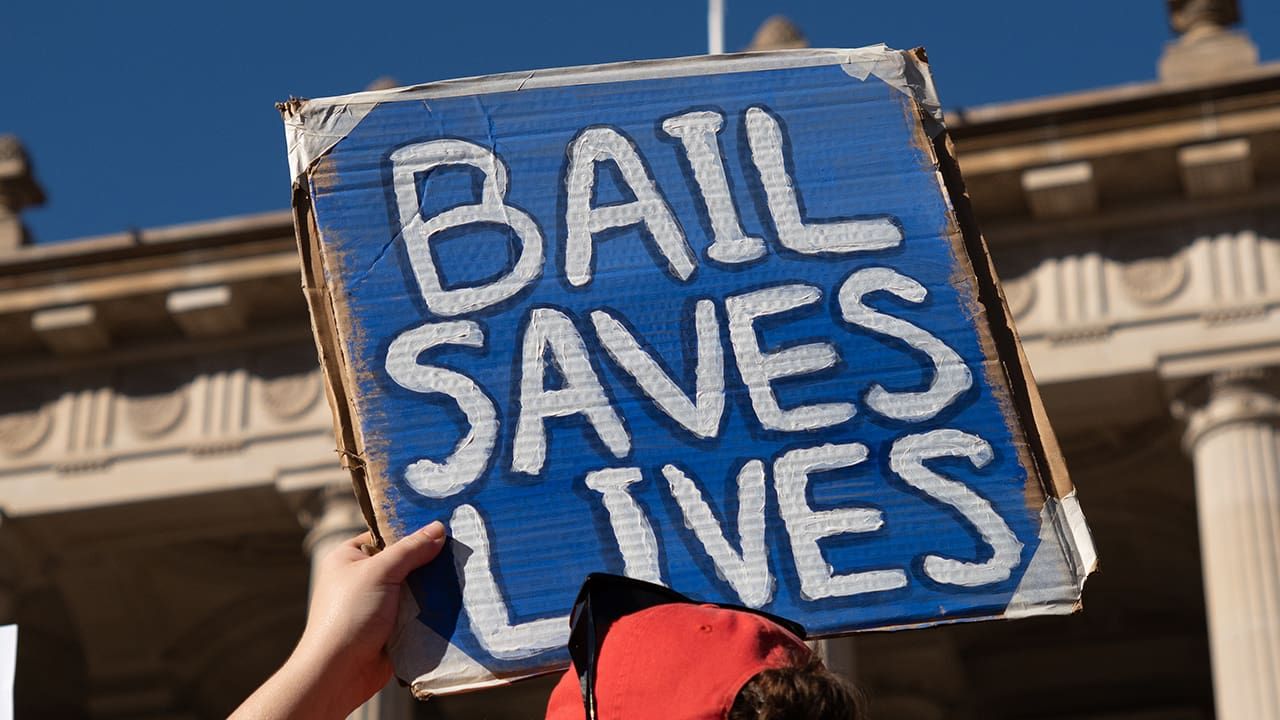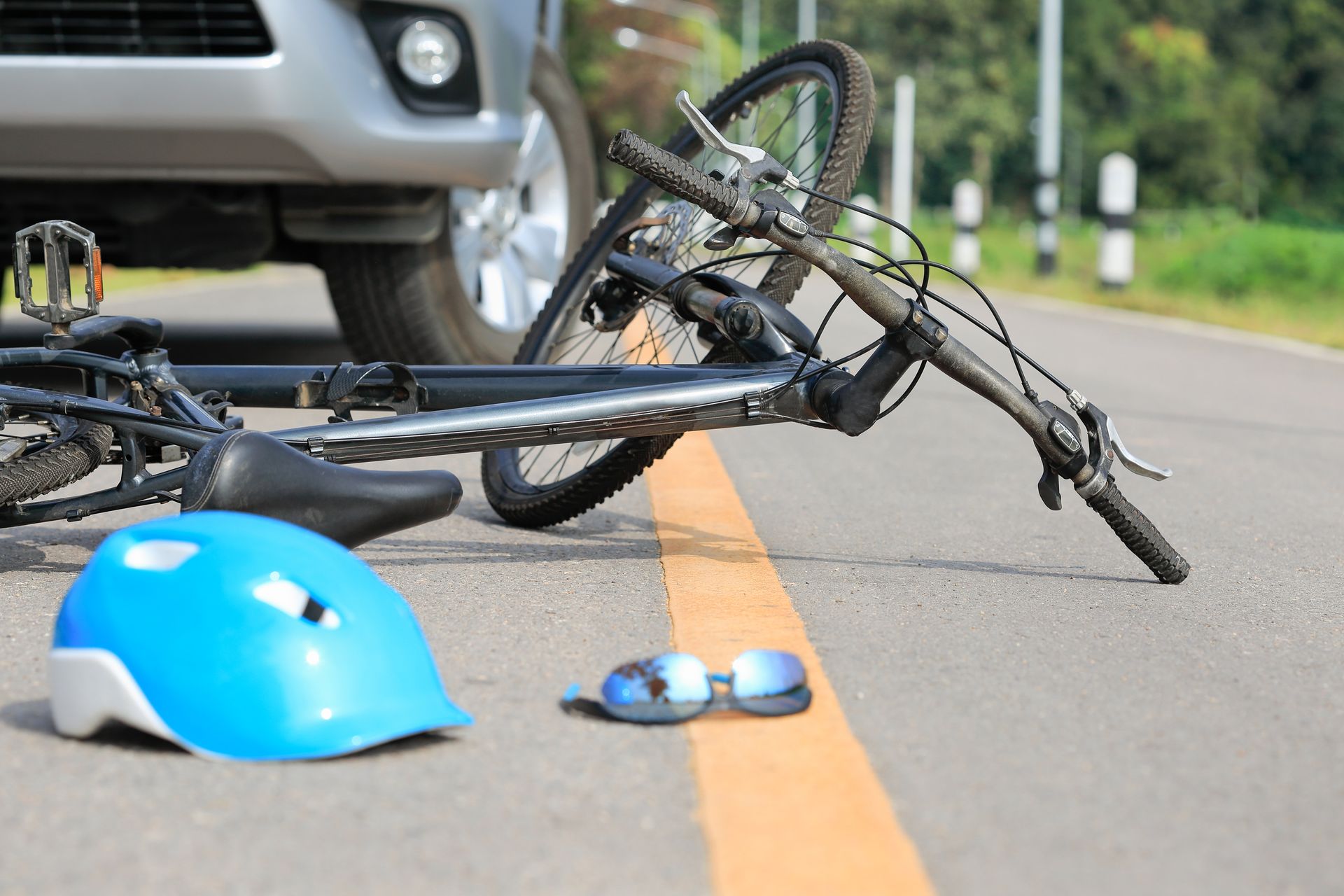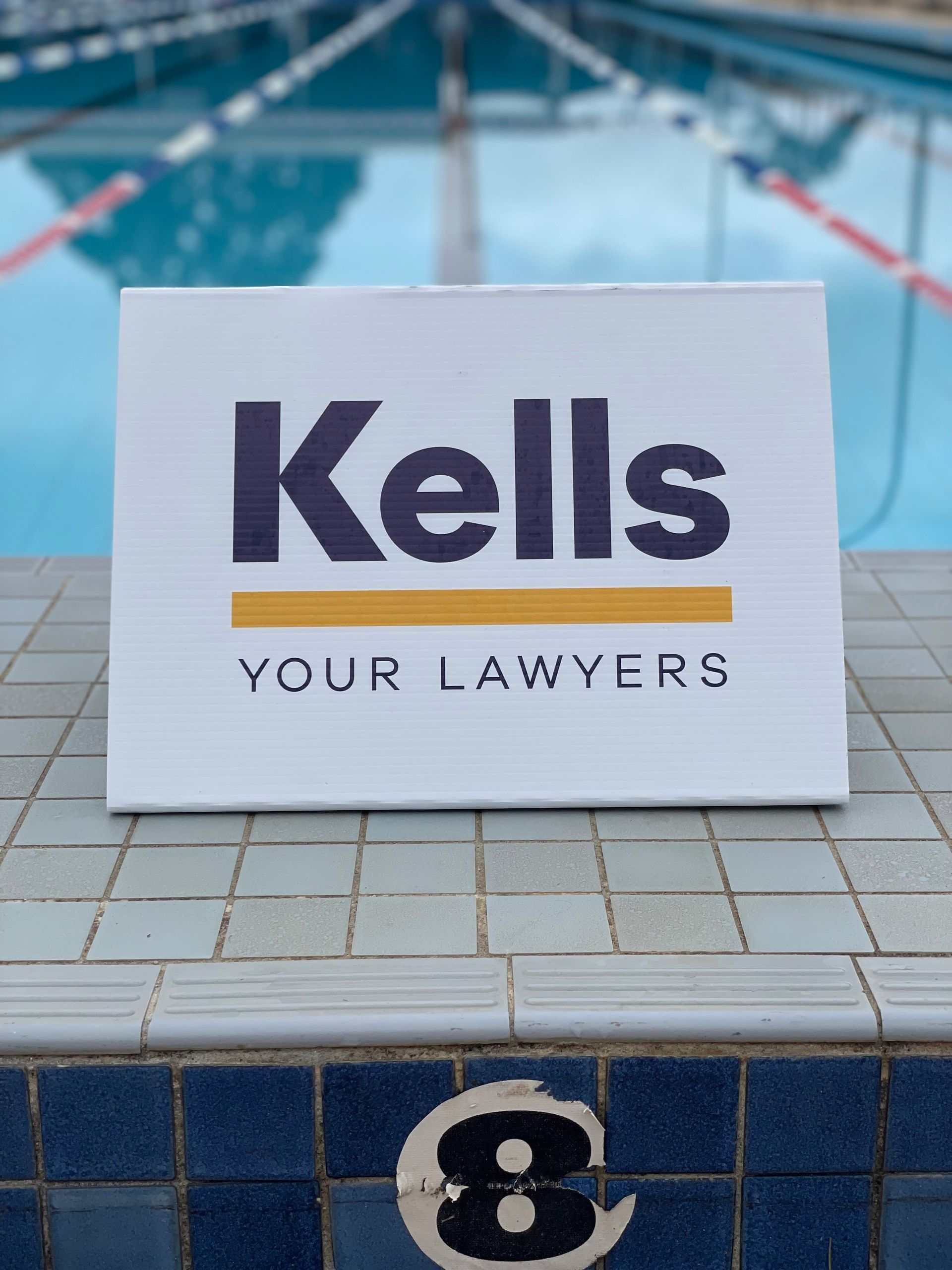Criminal Law Specialists
We handle a wide range of criminal matters, including traffic offences, drug-related charges, drink driving, theft, assault, fraud, and serious indictable crimes such as homicide.
24/7 Criminal Law Advice
We provide criminal law advice 24 hours a day, 7 days a week across Shellharbour. You can speak with our team any time you need urgent assistance. The initial consultation is offered at no cost.
Top-Tier Team
Our team is led by a former police officer and senior police prosecutor. With deep insight into police procedures and court operations, we approach each case with a well-informed legal strategy.
Extensive Experience
We have appeared in countless criminal proceedings and handle most summary matters directly, without needing to engage external counsel. This allows us to deliver strong courtroom representation while reducing additional legal expenses.
Here to Help
An assault charge can place your future, career, and personal reputation at risk. From the moment charges are laid, the legal process moves quickly, and decisions made early can significantly affect the result. Our assault lawyers assist clients in Shellharbour by providing strong representation backed by experience in defending a wide range of assault-related matters.
How We Can Assist in Assault Cases
Assault charges can involve a wide spectrum of conduct, from verbal threats to serious acts of physical violence. Each case requires a structured legal approach that addresses both the facts and the context in which the incident occurred.
Our team examines every element of the allegation, identifies weaknesses in the prosecution’s case, and prepares a strategy focused on securing the most favourable result. We analyse witness statements, evaluate the strength of the evidence, and explore potential legal defences such as lack of intent, self-defence, or mistaken identity.
Whether the matter involves a minor charge or a more serious offence, we approach every case with the highest level of care and aim to reduce the impact on your life and future.
What do I do if I am charged with assault?
Assault offences range in seriousness and can result in outcomes that include criminal records, fines, or imprisonment. The type of charge and the circumstances surrounding the incident will influence the penalties and court process.
Below are some common assault-related charges and their legal implications:
Other Factors to Consider
An assault conviction can have serious long-term consequences on your life, so acting quickly is of absolute importance. Led by former police officer and police prosecutor Patrick Schmidt, our team is ready to help. Call Patrick at 0452 502 041 for confidential legal advice.
Get Expert Criminal Law Advice
If you would like to discuss your matter with our criminal law team, please get in touch. We are available 24/7 to help you and offer a free initial consultation.
Related Articles

Speak to a Criminal Lawyer
We’ll stand by you and protect your rights every step of the way—no matter the charge.









